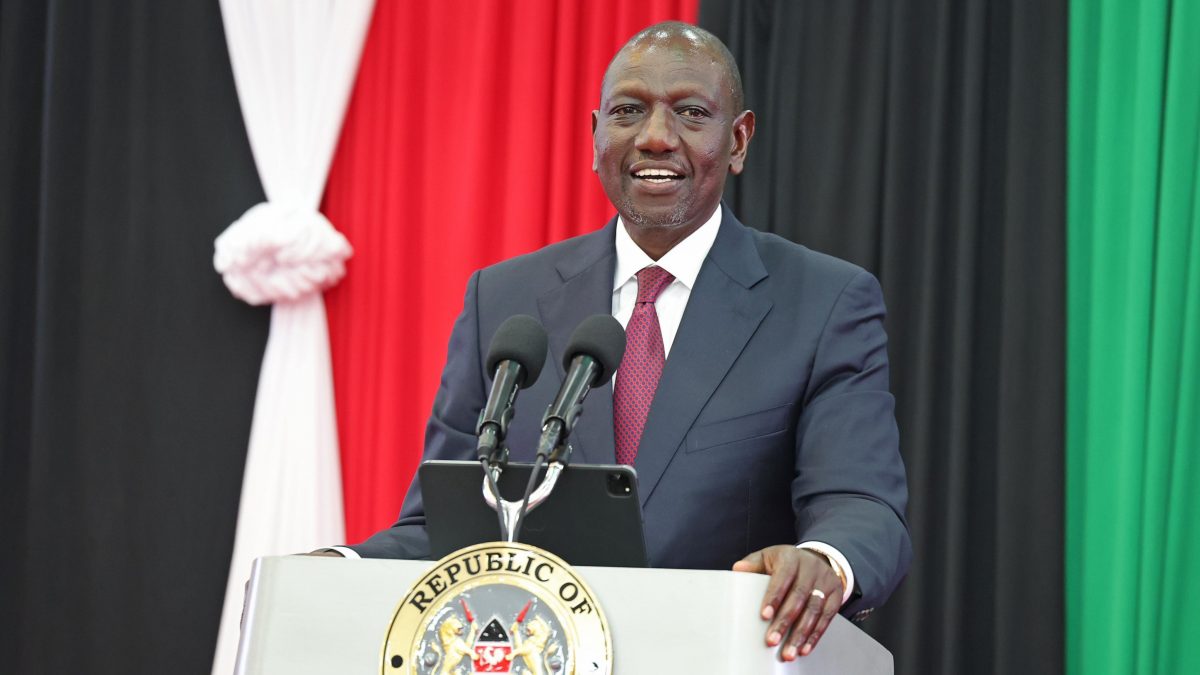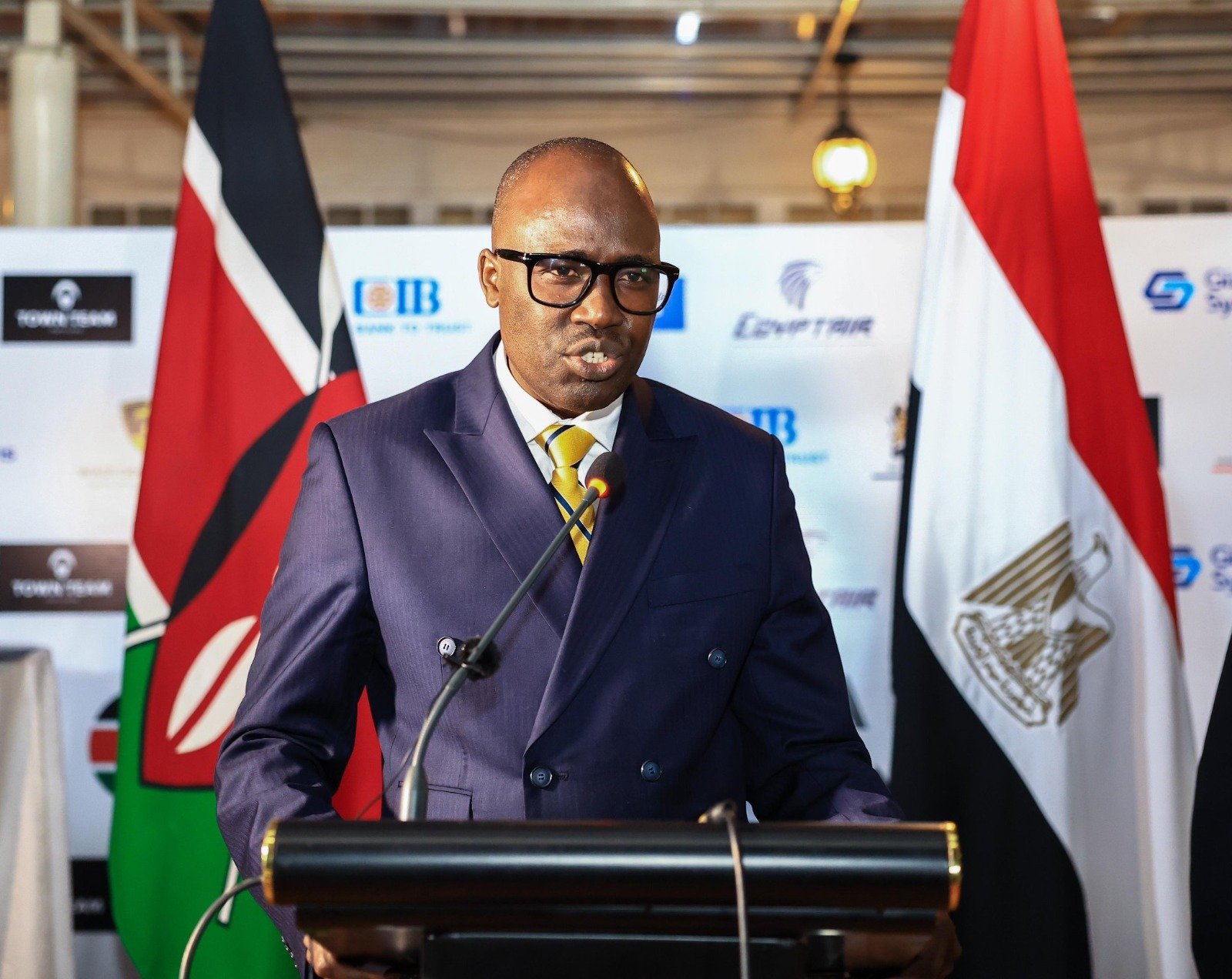State to upgrade 72 coffee factories, President assures

President William Ruto yesterday said that 72 coffee factories are earmarked for upgrading and assured farmers the Government is addressing challenges that have continually crippled the sector.
Ruto said the factories are under the Coffee Revitalization Programme (CRP) and farmers will be provided with seedlings and fertilizer at subsidized prices.
The aim, he said, is to increase productivity from two kilogrammes per tree to 10 kilogrammes and raise production from 50,000 metric tons to 102,000 metric tons annually by 2027.
“I want to assure all farmers, let me be specific about coffee, I know there are challenges in the coffee sector and I have taken a keen interest. My deputy is seized with that matter and i want to assure our farmers that the Government will do whatever it takes to ensure they do not suffer the consequences of what we have seen in the past, where a few people benefit and the rest of the farming fraternity are in poverty,” said Ruto, when he opened the 2023 Agricultural Society of Kenya (ASK) Nairobi International trade fair.
The President also assured coffee farmers that the Government will work with all stakeholders to ensure wastage, inefficiency, corruption and other malpractices are eliminated, insisting that they must get a good return for their crop.
Ruto said interventions to transform agriculture are foundational to the successful implementation of the Bottom-Up Economic Transformation Agenda (Beta).
One of the drivers of the high cost of living and high levels of poverty, especially in rural areas, he said, is that agricultural productivity has stagnated even as population rises.
Similarly, the food production more often than not falls far below demand and the importation of food increases trade deficit and increases food prices and given that food constitutes 54 per cent of household expenditure, agricultural productivity is a high priority.
Ruto said agriculture employs 70 per cent of the population and low productivity contributes to low earnings in the sector, which in turn undermines the capacity of households to withstand the cost of living, deepening poverty.
Foreign exchange
Similarly, agriculture contributes 25 per cent of Gross Domestic Product (GDP) directly and another 25 per cent indirectly.
“Low productivity, responsible for deficits in essential agricultural produce, is responsible for high importation, which depletes our foreign exchange and deepens the negative trade balance, worsening the economic situation,” he stated.
Ruto stated that very few sectors of the economy have endured as much shock and stress as agriculture on account of extreme weather events, erratic climate and other adverse impacts of climate change.
According to Ruto, utilizing full agricultural potential can mitigate dependence on food imports, protecting foreign exchange and insulate from vulnerability to international price shocks.
“We remain most globally competitive in agriculture, both in traditional crops like tea, coffee, cut flowers and vegetables, as well as emerging export crops such as macadamia and avocado. This means that transforming agricultural productivity will turn around our balance of trade through increased exports,” he stated.
Lasting solutions
Ruto was categorical that enhancing agricultural productivity enables the country to break out of the deadlock between farmers’ expectations of higher income and consumers’ expectations of lower price by enhancing the quantity produced per unit, like area of land or head of livestock.
On sugar, Ruto said the conversation initiated with leaders from the sugar belt will be sustained until lasting solutions to the chronic challenges that have brought the sector to its knees and impoverished thousands of hard working farming households.
He stated that the sugar industry remains a high priority strategic sector for national agro-industrial development, wealth and employment creation.
The President, however, regretted that production is chronically at a deficit, with productivity plagued by ageing mills, high indebtedness of sector institutions, diminishing soil fertility, competition for land, low uptake of researched varieties of cane, low use of fertilizer among other challenges.
To this end, local and international shortage of sugar has pushed prices of the commodity beyond reach of many households, underscoring the urgent need for a comprehensive transformation of the sector.









